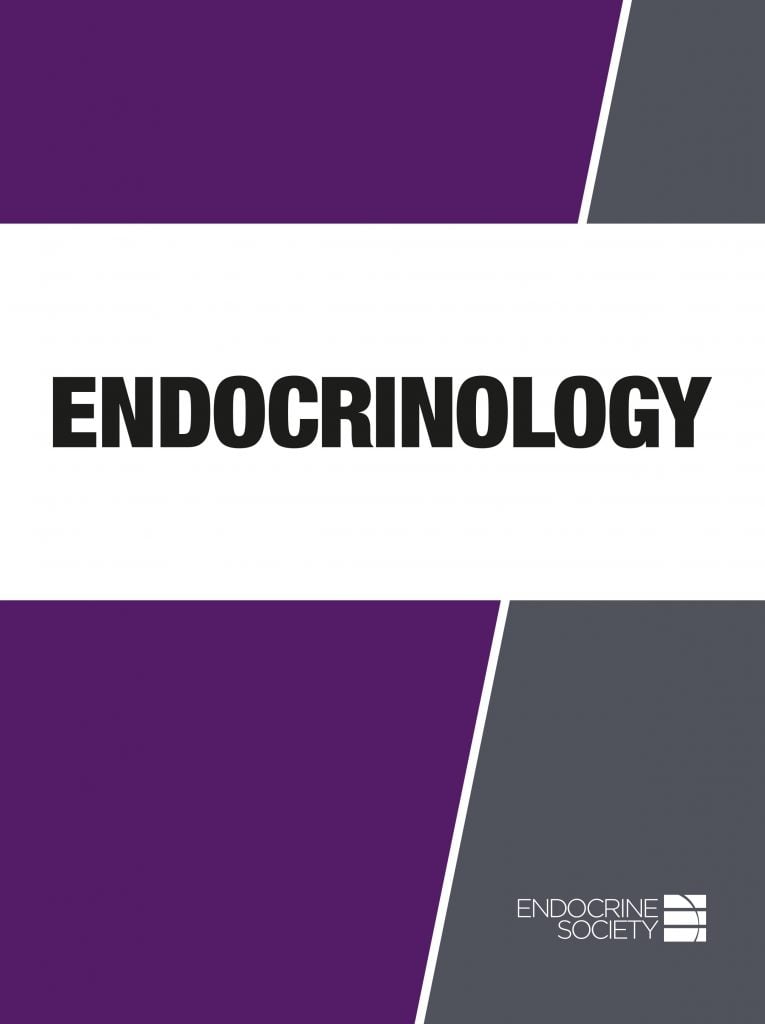Injectable and gel versions of testosterone replacement therapy have long been considered cumbersome by both patients and providers, for a litany of reasons from being difficult to administer to an overwhelming insurance burden. However, research from ENDO 2024 revealed that a new oral therapy could potentially eliminate these barriers and be a safer option. By...
 Girls exposed to certain endocrine-disrupting chemicals (EDCs) may be more likely to start puberty early, according to new research published in Endocrinology, the flagship basic science journal of the Endocrine Society. EDCs mimic, block or interfere with hormones in the body’s endocrine system. There has been an alarming trend toward early puberty in girls, suggesting the influence of...
Girls exposed to certain endocrine-disrupting chemicals (EDCs) may be more likely to start puberty early, according to new research published in Endocrinology, the flagship basic science journal of the Endocrine Society. EDCs mimic, block or interfere with hormones in the body’s endocrine system. There has been an alarming trend toward early puberty in girls, suggesting the influence of...On the Basis of Sex: The Ongoing Efforts to Fund Women’s Health Research
Monica M. Laronda, PhD, and Jane E. Reusch, MD, have long been leading advocates for the importance of equity in scientific research, specifically as it relates to women’s health. As they engage with national initiatives focusing on how this research is funded, they spoke to Endocrine News to discuss the latest in these efforts, their...
Study Reexamines Sex Distribution in Pediatric Growth Hormone Deficiency
Boys and girls may equally have multiple pituitary hormone deficiencies across all levels of peak growth hormone values, according to a study recently published in Clinical Endocrinology. The paper, by Rohan K. Henry, MD, MS, et al., outlines reported biases which have long been published regarding the male predominance in patients referred to pediatric endocrinology...
Women with the common reproductive and metabolic condition polycystic ovary syndrome (PCOS) face a greater risk of developing bulimia, binge eating disorder, and disordered eating, according to new research published in The Journal of Clinical Endocrinology & Metabolism. PCOS affects roughly one in eight women. Women who have the condition face an increased risk of developing...
Community Service: How Joshua J. Joseph, MD, MPH, Is Leveling the Healthcare Playing Field for All
 When his grandmother succumbed to a heart attack when he was only eight years old, Joshua J. Joseph, MD, MPH, was determined to end as much suffering as he could. The recipient of the Endocrine Society’s 2024 Richard E. Weitzman Outstanding Early Career Investigator Award, he details his ongoing endeavors to make sure Black Americans...
When his grandmother succumbed to a heart attack when he was only eight years old, Joshua J. Joseph, MD, MPH, was determined to end as much suffering as he could. The recipient of the Endocrine Society’s 2024 Richard E. Weitzman Outstanding Early Career Investigator Award, he details his ongoing endeavors to make sure Black Americans...Type of Weight Loss Surgery Women Undergo Before Pregnancy May Influence Children’s Weight Gain
The type of weight loss surgery women undergo before becoming pregnant may affect how much weight their children gain in the first three years of life, according to a study presented at ENDO 2024. Researchers found children born to women who underwent sleeve gastrectomy before they became pregnant gain more weight per month on...
Childhood Sedentariness May Cause Premature Liver Damage in Young Adulthood
Children who are sedentary for more than six waking hours a day have a significantly increased risk of severe fatty liver disease and liver cirrhosis by young adulthood, according to a study presented at ENDO 2024 and published in Nature’s npj Gut and Liver. “We found that this relationship between sedentariness and liver damage is likely...

